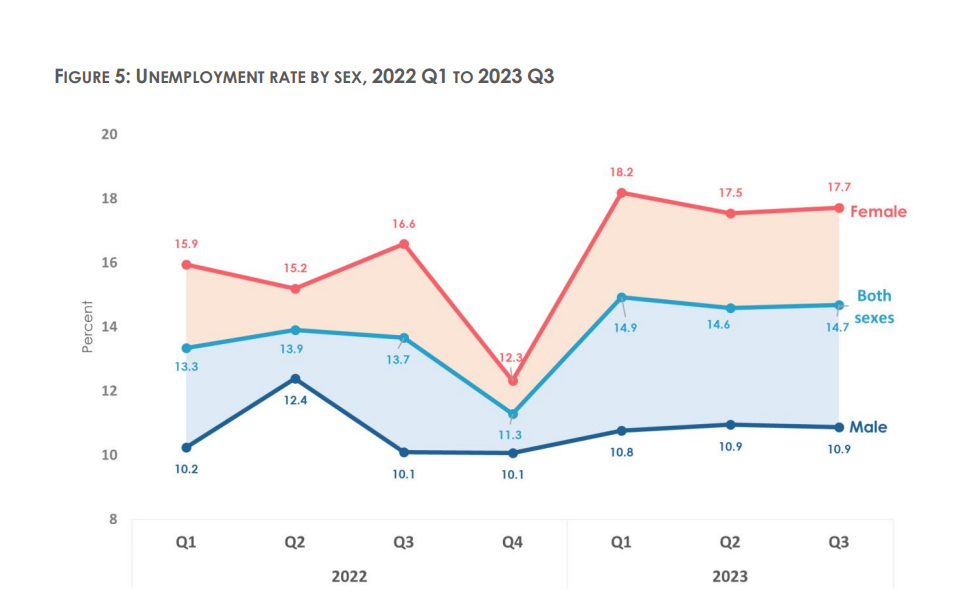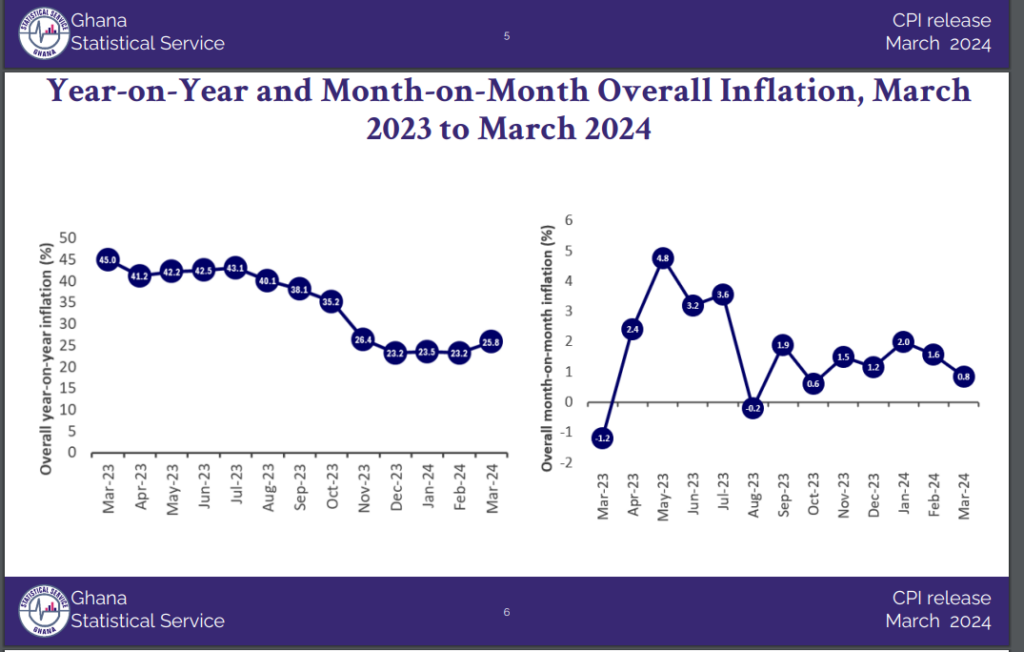
 Foreign direct investment (FDI) inflows to Ghana increased by 9 per cent to $3.5 billion in 2016, according to the World Investment Report 2017, published June 7, 2017 by the United Nations Conference on Trade and Development (UNCTAD).
Foreign direct investment (FDI) inflows to Ghana increased by 9 per cent to $3.5 billion in 2016, according to the World Investment Report 2017, published June 7, 2017 by the United Nations Conference on Trade and Development (UNCTAD).
In 2015, FDI inflows to Ghana declined 4.9 per cent, according to the 2016 report. The country recorded inflows of $3.2 billion in that year.
The report noted that Vitol Group of The Netherlands and Eni of Italy, in partnership with the Ghana National Petroleum Corporation, continued development on the $7 billion offshore oil and natural gas project in West Ghana.
“Ghana’s and Côte d’Ivoire’s industrial policy efforts to combine cocoa processing bode well for future investment regionally, although the latter experienced a minor decline (-3 per cent) in FDI inflows in 2016,” the report said.
According to the report, FDI flows to West Africa increased by 12 per cent to $11.4 billion in 2016, driven by recovering investment into Nigeria.
It notes further that, although flows to Nigeria rebounded to $4.4 billion in 2016 (up 45 per cent from a 2015 low), they remained well below previous record levels.
“Nigeria’s FDI remained relatively depressed, as its oil output declined to historic lows in 2016, and the country fell into recession for the first time since 1991.”
The report said FDI flows to Senegal slid by some 4 per cent in 2016, to $393 million, despite policy efforts to attract more investors, such as the revamping of the country’s special economic zones, in partnership with Mauritius.
In Southern Africa, it said FDI inflows contracted by 18 per cent to $21.2 billion. With the exception of Malawi and South Africa, FDI fell in all the economies of the sub-region.
“FDI flows to Angola declined by 11 per cent to $14.4 billion, mainly due to a decline in reinvested earnings, reflecting the impact of low prices on profit margins. Flows to Mozambique declined by 20 per cent, although they remained sizeable at $3 billion,” it said.
The report indicates, however, that despite a serious financial crunch, investors remained upbeat about long-term value in Mozambique’s commodity sector, with Eni of Italy approving $8 billion in offshore gas exploration at the end of 2016, and ExxonMobil of the United States buying a multibillion-dollar stake in Eni.
Flows to Zambia it said, fell sharply, dropping 70 per cent to $469 million, amid low commodity prices. South Africa, the economic powerhouse on the continent, continues to underperform, with FDI at a paltry $2.3 billion in 2016; that was up 31 per cent from a record low in 2015 but still well off its past average. Nonetheless, State-owned Beijing Automotive International Corporation of China agreed to build a $759 million automotive plant ? the biggest investment in a vehicle-production facility in the country in four decades, it said.
The report states that low commodity prices have dampened economic prospects in sub-Saharan Africa and shrunk investor interest in the sub-region.
FDI flows to Central Africa fell by 15 per cent in 2016, to $5.1 billion. The Democratic Republic of the Congo saw FDI decline by 28 per cent to $1.2 billion in 2016, as the country attracted only investment into its mineral sector. Central Africa’s major net oil exporters saw mixed performances, highlighting the importance of strong government responses to macroeconomic and financing conditions. Equatorial Guinea saw a substantial decline in FDI inflows (-77 per cent to $54 million), Chad experienced no change, while flows to Gabon increased by 13 per cent to $703 million, the report said.
FDI in the Congo, it says, rose by 8 per cent, to $2 billion, mostly due to continued investments by Chinese companies operating in cobalt and copper extraction.
“East Africa received $7.1 billion in FDI in 2016, 13 per cent more than in 2015,” it said.
However, the report notes, the aggregate increase masks divergent FDI performance within the sub-region. Flows to Ethiopia rose by 46 per cent to $3.2 billion, propelled by investments in infrastructure and manufacturing. FDI was also buoyant in Mauritius, thanks to a variety of services investments and in Madagascar, in the context of a continued recovery since the decline in 2014.
It says FDI into Kenya continued its decline, slumping by 36 per cent to $394 million in 2016 – only slightly more than a quarter of its 2011 level – despite investment reforms and a supportive domestic policy environment. Yet the trading value on Kenya’s liquid stock exchange overtook that of Nigeria’s exchange for the first time last year.
“This propped up cross-border M&As, with the private equity fund Helios of the United Kingdom buying 70 per cent of Telkom Kenya from Orange of France. Flows to the United Republic of Tanzania shrank by 15 per cent to $1.4 billion amid concerns about the country’s regulatory environment and tax policies towards foreign firms,” it added.
The report notes that global FDI flows could rise by about 5 per cent, reaching almost $1.8 trillion in 2017 and this modest increase is expected to continue into 2018, taking flows to $1.85 trillion, and projections indicate that the US, China and India could be the top prospective destinations for FDI.
It further showed that the prospects remained moderately positive for most other regions – except Latin America and the Caribbean – with developing countries as a group expected to gain about 10 per cent.
“The road to a full recovery for FDI remains bumpy, but we are cautiously optimistic,” Mukhisa Kituyi, the Secretary-General of UNCTAD was quoted as saying in a press release.
By Emmanuel K. Dogbevi
Copyright © 2016 by Creative Imaginations Publicity
All rights reserved. This news item or any portion thereof may not be reproduced or used in any manner whatsoever without the express written permission of the publisher except for the use of brief quotations in reviews.
The post FDI inflows to Ghana increases by 9% to $3.5b in 2016 – UNCTAD appeared first on Ghana Business News.
Foreign direct investment (FDI) inflows to Ghana increased by 9 per cent to $3.5 billion in 2016, according to the World Investment Report 2017, published June 7, 2017 by the…
The post FDI inflows to Ghana increases by 9% to $3.5b in 2016 – UNCTAD appeared first on Ghana Business News.
Read Full Story



















Facebook
Twitter
Pinterest
Instagram
Google+
YouTube
LinkedIn
RSS